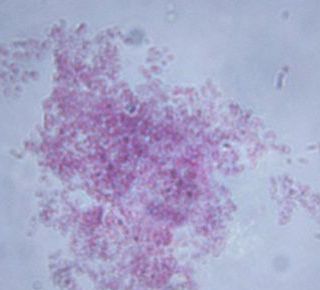All those women who are suffering from recurrent bacterial vaginosis should know that they aren’t the only ones affected by this condition. This is known as one of the most common viral infections in case of women. The downside of the condition is that it may lead to pelvic inflammatory disease.
Information about bacterial vaginosis that is recurrent
The condition is especially dangerous in case it is left untreated. In case of pregnant women the risks are even greater because the infection could get to uterus, causing premature birth or low weight of the baby.
Symptoms of bacterial vaginosis that is recurrent

The most common symptoms of the condition include increased vaginal discharge, vaginal discharge that is thin and that has a gray or white color, foul smell or unpleasant odor of the vaginal discharge, and burning, itching or pain in the vaginal area.
It is possible for women with recurrent bacterial vaginosis not to experience the common symptoms. Even more, the specialists claim that about 50% of the patients don’t have any symptoms. This is why it is important to have check-ups on a yearly basis.
Where does the condition come from?
Before you could understand bacterial vaginosis that is recurrent, you should learn about the flora of the vagina. There is a balance of good bacteria in the organ. They can also be found in yogurt and they are known as lactobacilli. Naturally there are some bad bacteria as well, but the good ones balance them out.
The recurrent bacterial vaginosis occurs when the bacteria get out of balance and the bad bacteria take over the good bacteria of the vagina. At the moment the condition is considered to be an STD vaginosis, but it is actually a mild infection and the real causes of the condition aren’t known.
It is important to know that bacterial vaginosis that is recurrent could also appear in case of virgin girls or in women who are practicing total abstinence. Also women who have more sexual partners could be affected by the condition. All these women experience the symptoms, and usually these come and go.
How is recurrent bacterial vaginosis treated?
The good news is that the infection can be treated both by medication and through homeopathy. In case you think that you may have the condition, you should see your doctor at once. You can combine the methods suggested by your doctor and the homeopathic solutions.
In case of bacterial vaginosis that is recurrent most probably your doctor will prescribe antibiotics that need to be taken vaginally or orally, such as Ceftriaxone, Ampicillin, Tetracycline, Clindamycin or Metronidazole.
Regarding the homeopathic treatments you should know that they include diet changes, taking vitamin supplements and abstinence from sexual activities for a while.
Nonetheless before you start treatment for recurrent bacterial vaginosis, first you should check with your doctor just to make sure that the treatment is safe and that it won’t interfere with the effects of the antibiotics that you will be taking as treatment.



